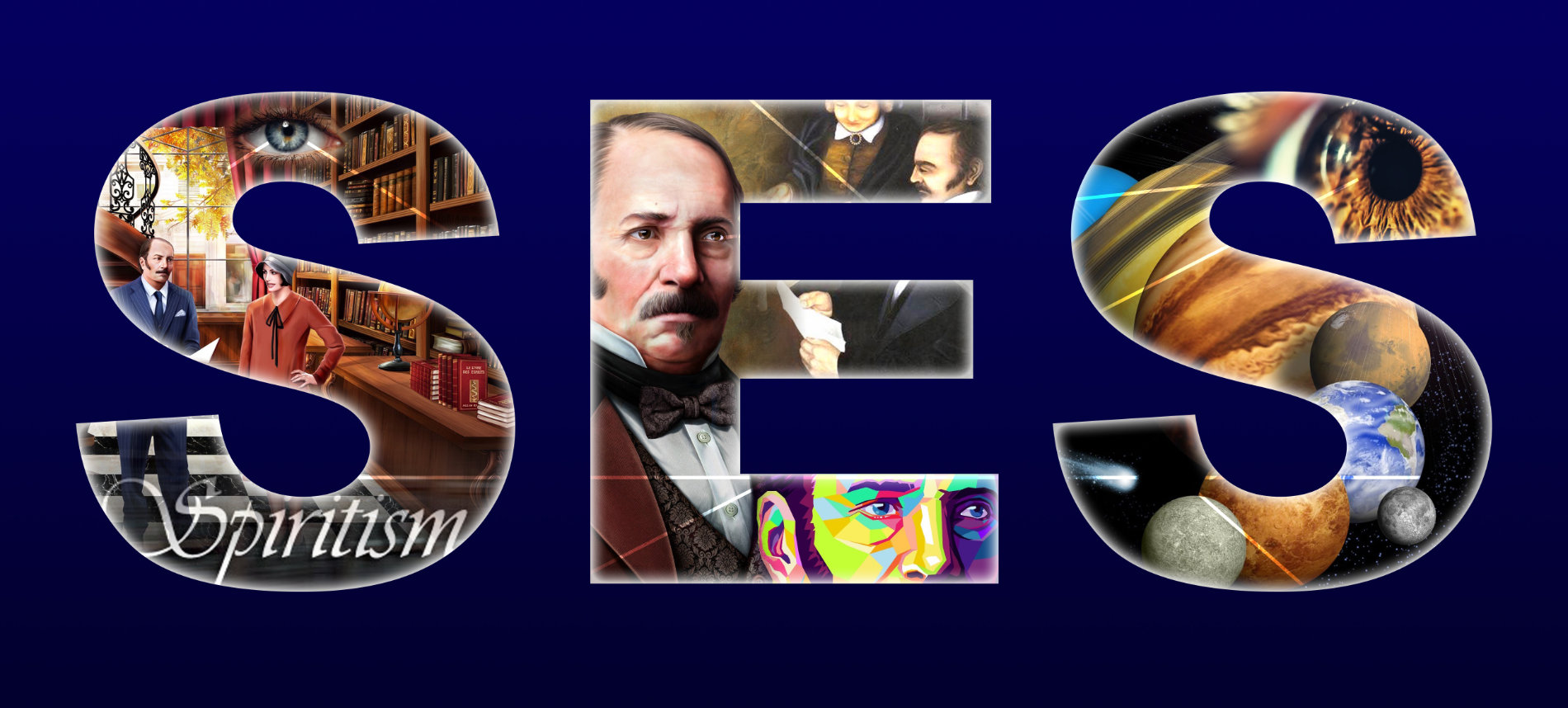
Chico Xavier, A Life With Christ Within
Millions of Brazilians adore and revere him as a disciple of Christ, medium, and human being. As he followed his heart, Francisco Xavier became a living message of Christian love.
“Charity is the force that sustains me; everything [I suffered] was worth it.” That’s how Chico, at ninety years of age, summed up his earthly life. This statement seems to be brief and simple, still it sounded quite impressive when he said it. In seventy years of mediumistic and public service, he published more that 400 books which sold over 12 million copies worldwide. The millions of dollars his work generated were and still are the livelihood and sole support to more than thirty charities; they guarantee sustenance and shelter for thousands of needy children, mothers, and the elderly. The result of his life’s work could have been the heart of a publishing empire but in Chico’s hands it became a permanent lifeline demonstrating that Christ lived in him.

His amazing paranormal abilities were used by spirit authors to focus on a vast range of subjects, from poetry to historical romances to scientific commentary. His first book, a collection of poems that was published in 1932, was dictated by former literary masters of the Portuguese language.
For a countryman with a fourth-grade education, poetry was the unlikeliest subject, yet the book created a literary revolution in Brazil and Portugal at the time. It was not imagined by anyone that in the years that followed Chico’s greatest contributions to a new vision of Christianity would be an extensive series of historical romances authored by Emmanuel as well as a highly educational series on the afterlife authored by Andre Luiz.
As years went on, Chico became a ‘transcendental antenna’ for the spirit-world, a valuable element in a greater plan that would make him an oracle of love and spirituality. Chico’s life and commitments, unlike those of other mediums throughout history, were meant to be a pivotal component in the transformation of humanity’s social conscience. In the millions of messages he received and the hundreds of books he channeled, a single theme was brought to light: unconditional love for humanity and life itself. One of his partners in this phenomenal task was Emmanuel, an illuminated being who had once squandered the gift of a meeting with Jesus in Palestine. Andre Luiz was another brilliant contributor and together they became beacons of light. Chico’s life and deeds were indeed powerful phenomena, not the cheap psychic kind, but of transformation in the light of Christ.
“We are all looking for new paths,” Francisco said. “Yet, none is more significant than the one Jesus opened for us. This path has not changed; it’s still the only way; the one that goes from the manger to Golgotha! Everything else is an illusion…”
Guided by a philosophy of humility, service, and devotion to Jesus he was able to overcome an incredibly harsh childhood, a lifetime of poverty, and relentless personal attacks from the media after he became a household name in the country.
“Though nobody can go back and make a new beginning… Anyone can start over and make a new ending.”
And as he taught so, he lived. “I cannot solve society’s problems; however, I must not fail to offer a bowl of soup or a blanket to the homeless.”
In 1989, in public recognition for his monumental contributions and charitable work, Chico was recommended for the Nobel Peace Prize. In 2002, Chico returned to the Spirit. During his remarkable life, he succeeded in making a home for Christ in the hearts of millions.






Recent Comments